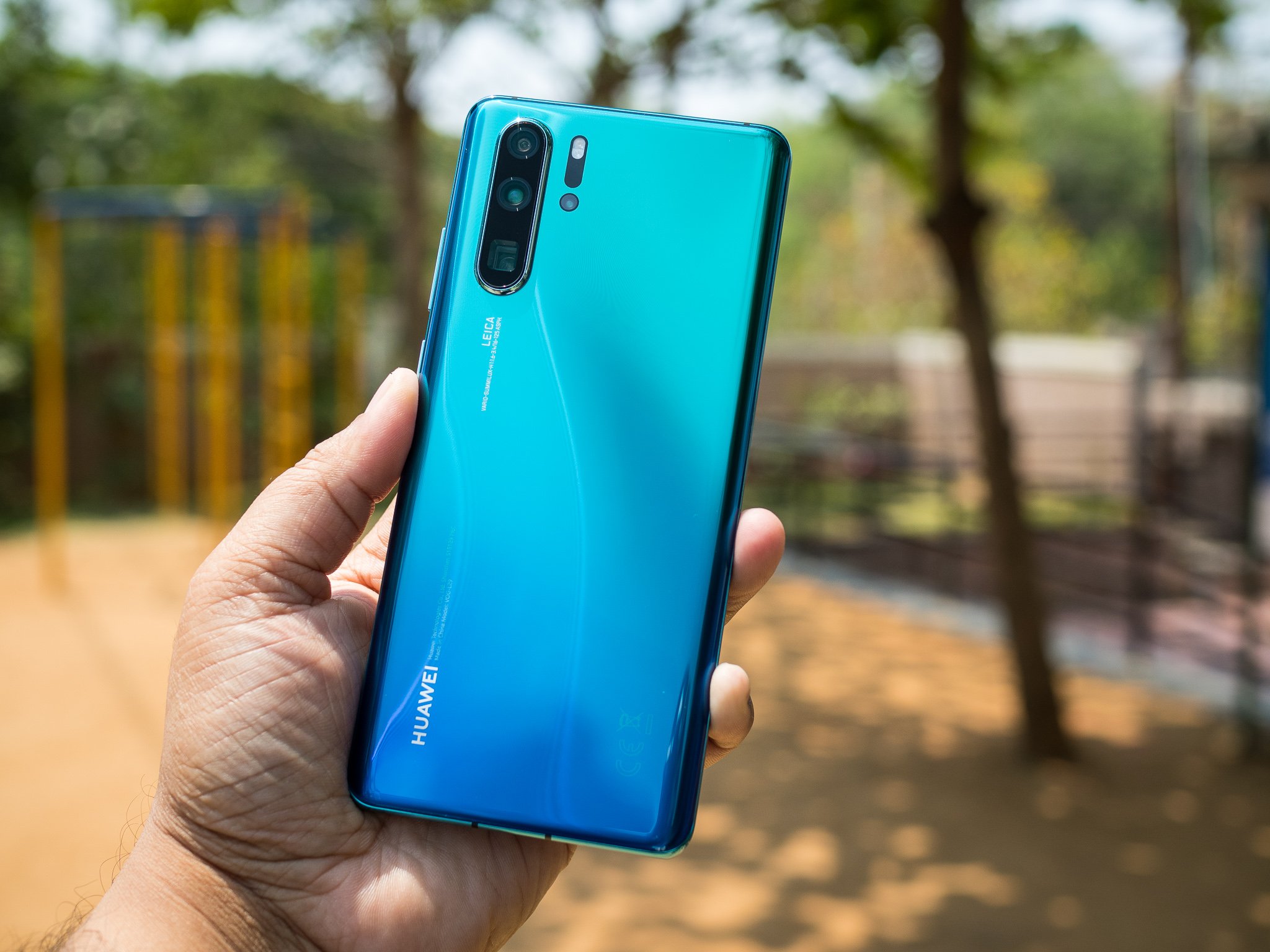U.S. companies can sell to Huawei 'where there is no threat to national security.'
What you need to know
- The U.S. Commerce Department will begin issuing licenses to American companies that want to do business with Huawei.
- Licenses will be approved "where there is no threat to national security."
- Commerce secretary Wilbur Ross has said the department will continue to protect America's advanced technologies and no company should trade secrets or IP for access to growing markets.
After months of being in limbo, Huawei appears to be getting a reprieve from the Commerce Department. The good news comes, after Commerce Secretary Wilbur Ross made the proclamation, that the department will begin issuing licenses to American companies looking to do business with Huawei "where there is no threat to national security."
The announcement lines up with Trump's promise that he would once again allow American companies to begin doing business with Huawei, following his meeting with Chinese President, Xi Jinping last month. The agreement was made in an effort to help jumpstart the stalled trade talks between the U.S. and China.
Soon after Trump's announcement though, the U.S. Commerce Department sent out an internal email reiterating that Huawei would remain on the blacklist. And that all requests to do business with the tech giant would be met with the "presumption of denial" policy.
However, it appears the guys over at the Commerce Department finally got Trump's memo and have begun to loosen up the restrictions on licenses to do business with Huawei.
At a CNBC event on Tuesday, Larry Kudlow, the director of the White House National Economic Council said, the United States has "opened the door — relaxed a bit, the licensing requirements from the Commerce Department" for U.S. companies to sell to Huawei.
The news comes after months of lobbying to end the ban on selling to Huawei from American companies such as Intel and Qualcomm. The companies argued that the ban would do little to stop Huawei from advancing and doing business, while causing more harm to American companies that would lose out on sales from competitors in Japan and South Korea.
Even though the Commerce Department has relaxed the restrictions on Huawei, Ross said, the administration will continue to protect America's advanced technologies, and companies should not give up intellectual property or trade secrets in order to gain access to fast-growing markets.
Google says cutting off Huawei could pose national security risk


0 Response to "You Can See More: U.S. companies can now work with Huawei again — except when they can't"
Post a Comment